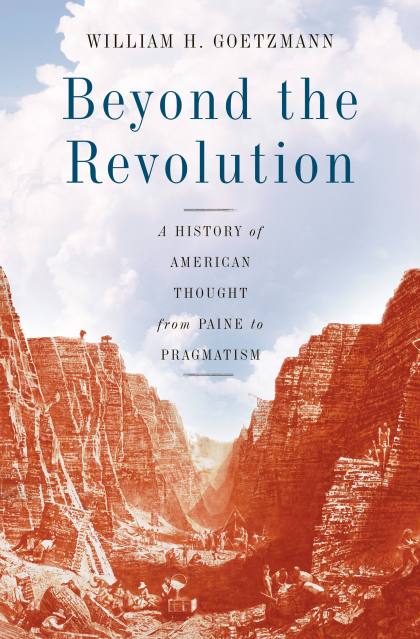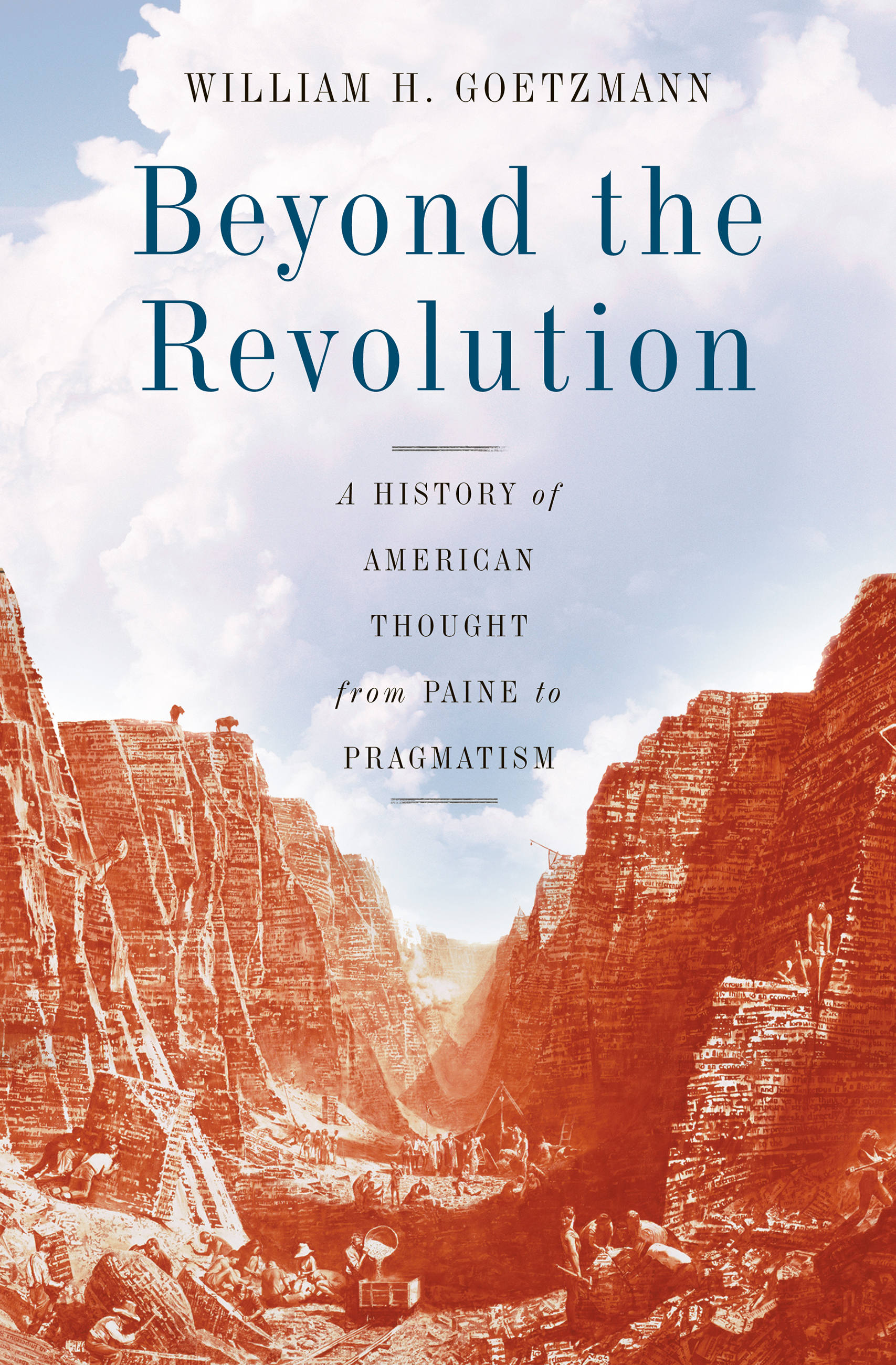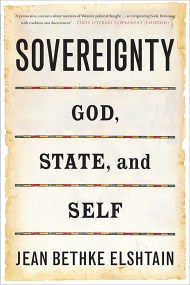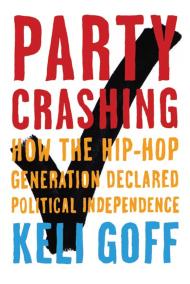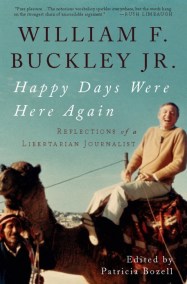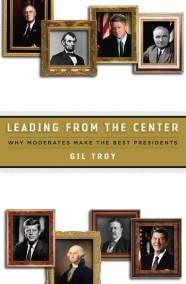By clicking “Accept,” you agree to the use of cookies and similar technologies on your device as set forth in our Cookie Policy and our Privacy Policy. Please note that certain cookies are essential for this website to function properly and do not require user consent to be deployed.
Beyond the Revolution
A History of American Thought from Paine to Pragmatism
Contributors
Formats and Prices
- On Sale
- Feb 24, 2009
- Page Count
- 480 pages
- Publisher
- Basic Books
- ISBN-13
- 9780786744237
Price
$21.99Price
$28.99 CADFormat
Format:
- ebook $21.99 $28.99 CAD
- Hardcover $43.00 $54.00 CAD
This item is a preorder. Your payment method will be charged immediately, and the product is expected to ship on or around February 24, 2009. This date is subject to change due to shipping delays beyond our control.
Buy from Other Retailers:
In Beyond the Revolution, Pulitzer Prize-winning historian William H. Goetzmann tells the story of America’s greatest thinkers and creators, from Paine and Jefferson to Melville and William James, showing how they built upon and battled one another’s ideas in the critical years between 1776 and 1900. An unprecedented work of intellectual history by a master historian, this book will be essential reading for anyone interested in the origins of our national culture.
Genre:
Newsletter Signup
By clicking ‘Sign Up,’ I acknowledge that I have read and agree to Hachette Book Group’s Privacy Policy and Terms of Use
